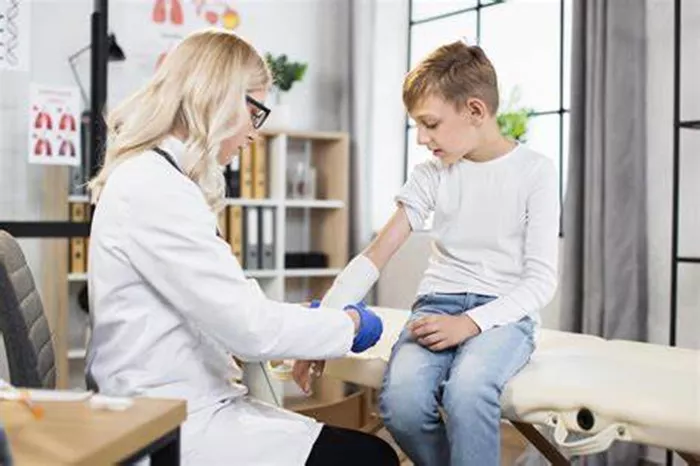Orlando, FL — New research presented at the American Academy of Pediatrics (AAP) 2024 National Conference & Exhibition reveals that low vitamin D levels may significantly prolong fracture healing in children. The study, led by Dr. Jessica McQuerry, indicates that both clinical and radiographic healing times are affected by vitamin D deficiency.
The findings, discussed at the conference in Orlando, show a direct correlation between low vitamin D levels and extended healing times for pediatric fractures, regardless of whether surgical intervention was required. This research emphasizes the importance of maintaining adequate vitamin D levels for optimal recovery following fractures.
Dr. McQuerry highlighted that while prior studies predominantly focused on vitamin D’s role in preventing fractures, this new evidence underscores its impact on healing duration. “Children need to be given well-balanced diets that include vitamin D for overall health and to ensure proper healing when accidents occur,” she stated.
The study involved a retrospective review of pediatric patients aged 0-17 years with extremity fractures from January 2015 to May 2022, excluding those with Osteogenesis Imperfecta. Of the 166 patients examined, 61.4% exhibited low vitamin D levels. Results indicated that those with low vitamin D took significantly longer to heal—clinical healing times averaged 44 days compared to 37 days for those with normal levels, while radiographic healing times were 74 days versus 39 days.
Particularly concerning were the lower extremity fractures, which required an additional 20 days of healing for patients with low vitamin D levels. In surgical cases, the delay was even more pronounced, with clinical healing times extending by 33 days.
Additionally, patients lacking vitamin D supplementation showed even slower radiographic healing compared to those with normal levels. The findings suggest that healthcare providers should monitor vitamin D levels in pediatric fracture patients and inform caregivers about the potential for delayed healing associated with deficiencies.
Dr. McQuerry concluded, “Getting outside and enjoying the fresh air can do wonders for your health while also enhancing vitamin D absorption. What a great excuse to explore nature!”
Related Topics
Are You Taking Vitamins Incorrectly? Tips for Effective Supplementation
Vitamin B12: Importance and Supplementation Needs
Vitamin D Supplementation During Pregnancy Linked to Long-Lasting Bone Health in Children

































